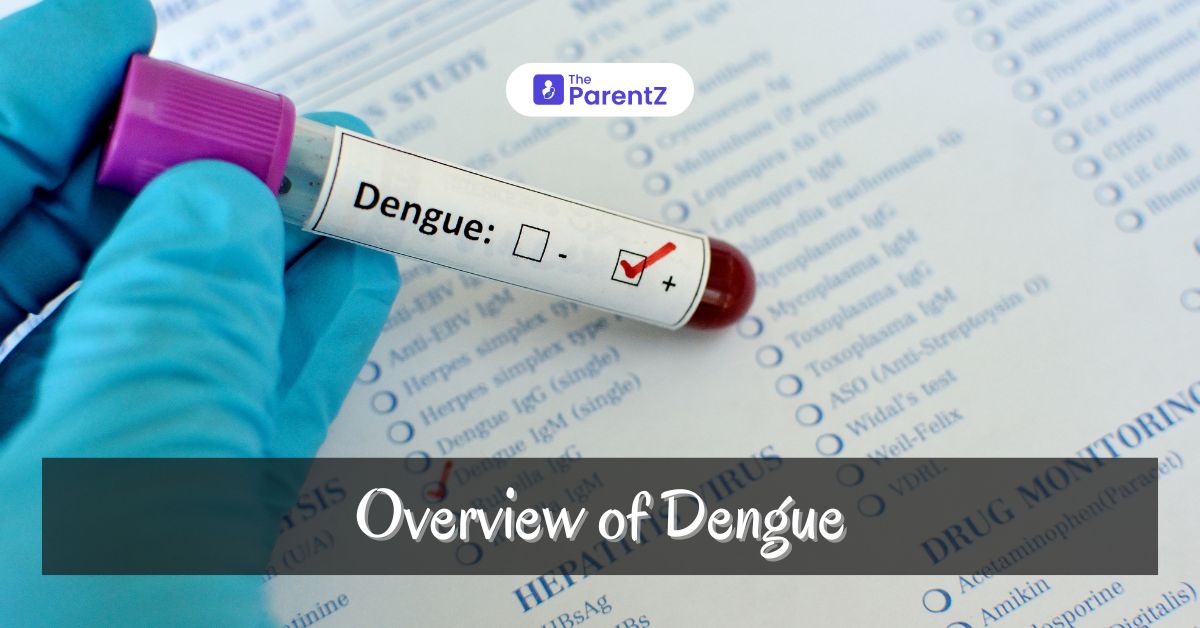What is Dengue?
Dengue fever is a serious viral infection. It can be caused by four different subtypes of related viruses. Dengue fever causes flu like symptoms but in severe cases can also lead to serious bleeding or haemorrhage, shock and sometimes death. It is widely distributed throughout the world and cases of infection have been increasing. It is most common in Southeast Asia, Latin America, Western Pacific and Africa.
Is Dengue dangerous?
Dengue usually resolves with proper treatment and does not leave behind any lasting symptoms. But if proper treatment is not given, it can be particularly dangerous especially for children. It is extremely serious if a child who was previously infected with dengue has been reinfected. Around 1 in 20 individuals who have dengue develop complications in the infection. Children may have serious disease leading to hemorrhage in body organs, fall of blood pressure and children can also go into shock.
What are the signs and symptoms of Dengue?
Symptoms of dengue mimic that of a flu. The symptoms include:
- Child has high fever, upto 104°C
- The child has very bad headache
- There is Muscle, bone or joint pain
- The child can complain of nausea and vomiting
- There is some pain behind the eyes
- Rash may develop over the body
Severe dengue can develop which can be very dangerous for the child. There are some warning signs of severe dengue which you should know. You should take your child to the hospital immediately if any of the following signs are present
- The child has severe stomach pain
- The child is vomiting repeatedly
- Your can see bleeding from the gums or nose of nose
- There is blood in the child’s urine, stools or vomit
- Bruises appear on the skin of child which may be due to bleeding
- The child has difficulty in breathing
- The child is constantly fatigued, irritable or restless.
How is Dengue spread?
Dengue spreads solely by spread of infection via the Aedes mosquito. When a mosquito bites an infected person, it takes up the dengue causing viruses along with blood. After a period of 8-10 days, the mosquito is now capable of transferring the virus to other non-infected humans it bites. Once infected, the mosquito is able to spread the disease for its complete lifetime.





Be the first one to comment on this story.